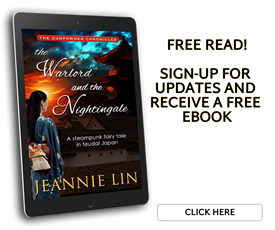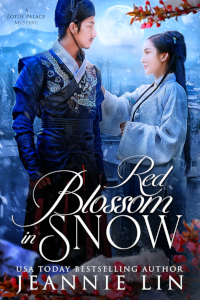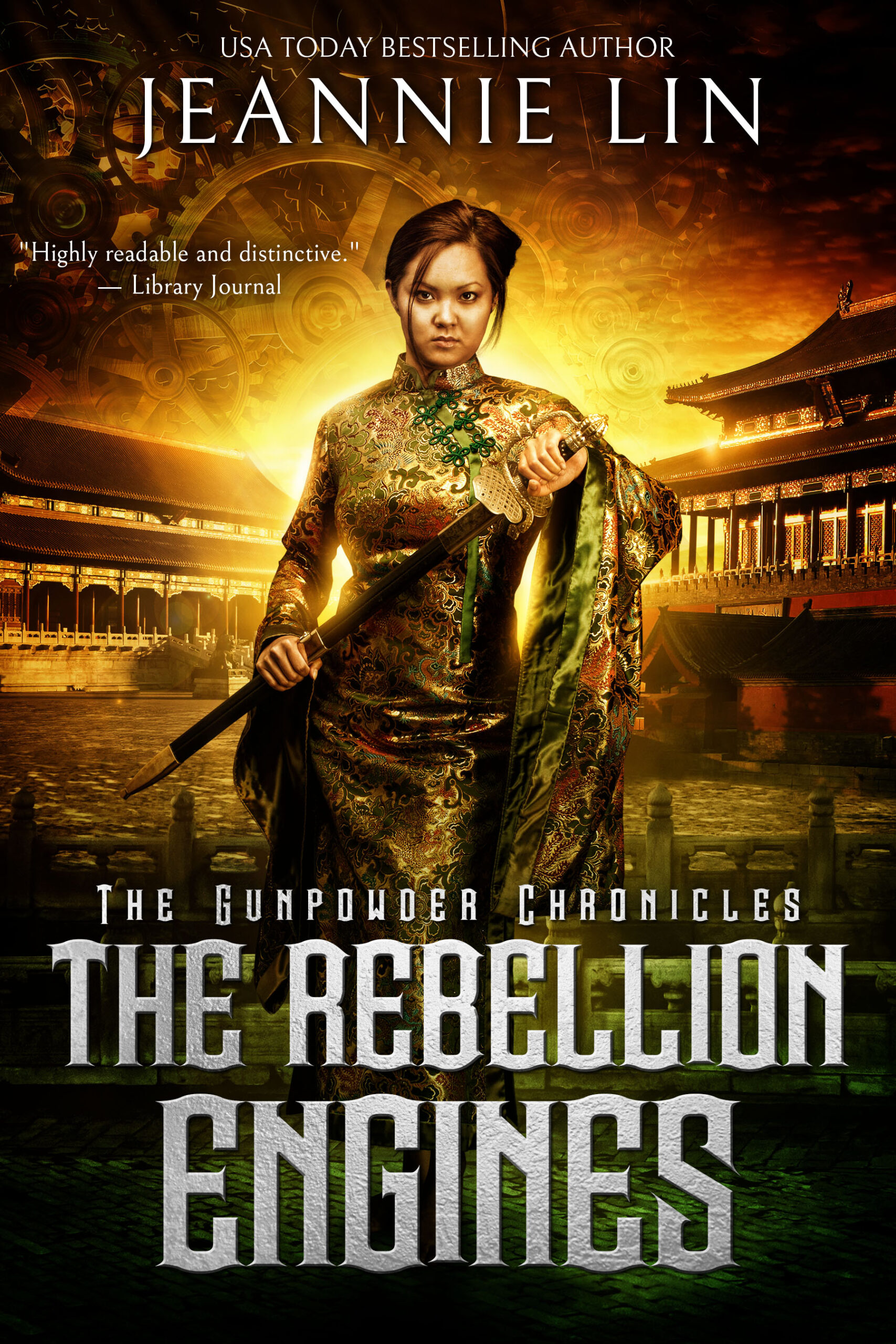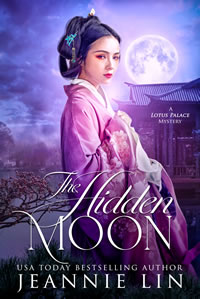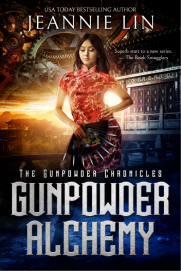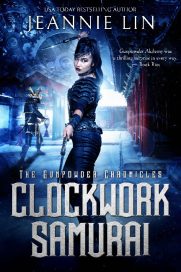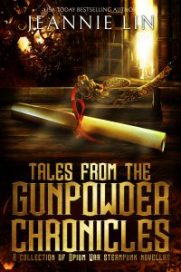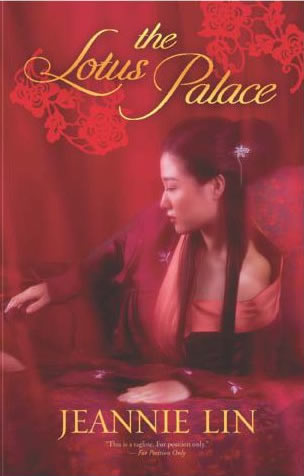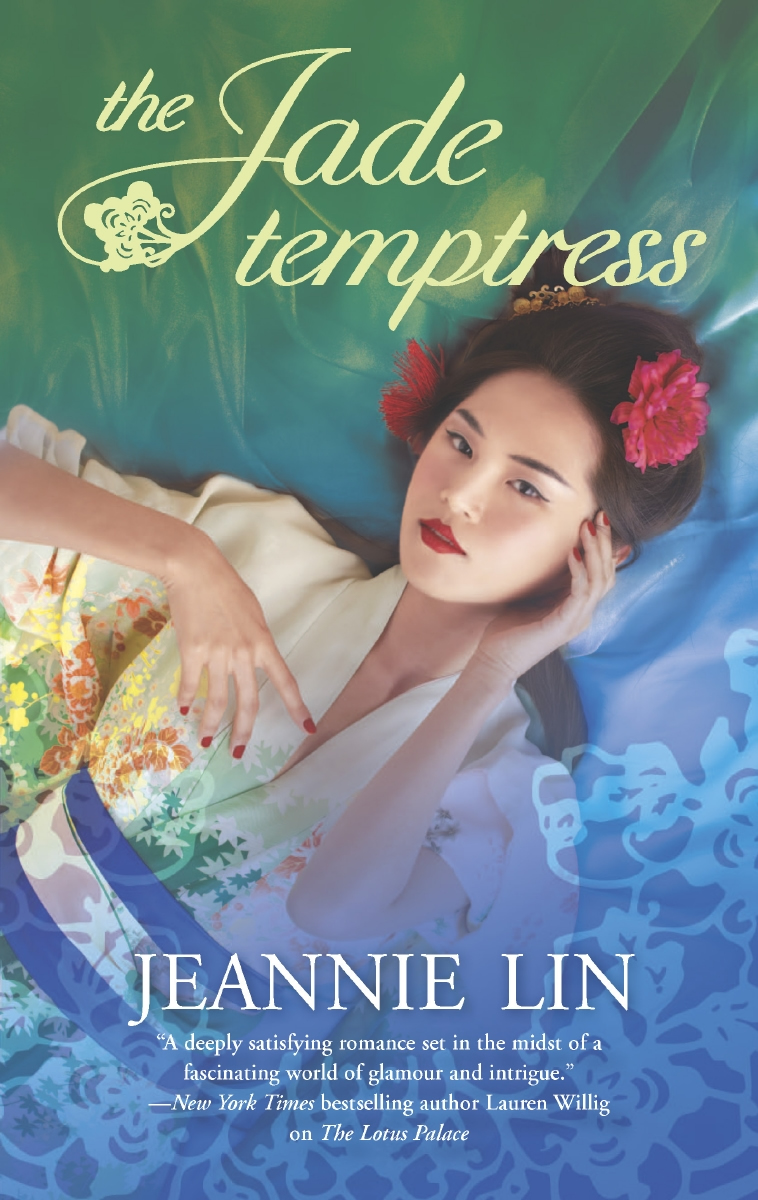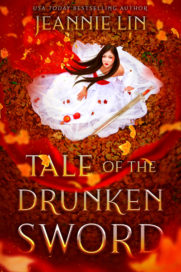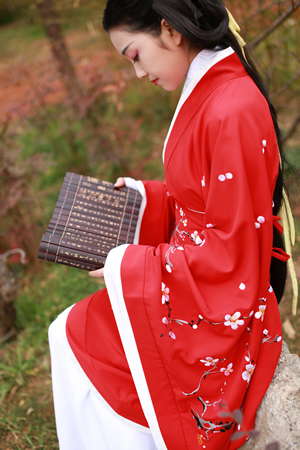Fezzik: Hey Inigo!
Inigo: What?
Fezzik: I hope we win.
The Jade Temptress was fortunate enough to receive a nomination for DABWAHA – Romancelandia’s March Madness tournament. 64 books enter, 1 book wins. It’s a fun competition where authors and fandoms duke it out for the sake of…duking it out. Silliness ensues and you learn about some cool books.
In what may be the worst DABWAHA strategy of all time, I’ve deactivated my Twitter account. While watching the Princess Bride — though the two are in no way related. Sometimes there’s method to Jeannie’s madness, and sometimes…well, there’s just madness. (No need to tell me how to re-activate it. It wasn’t an accident.)
But dag nabit! I’m still in the ring. And I’m still a contender. Dag nabit.
A big part of DABWAHA is the bribery. I can’t offer things that are only available to specific readers — i.e. If I win, I’ll give away a car. But I can offer bribes that all can enjoy, like posting a funny video or offering a free short story.
So here we go. And this is a bribe that is only good for fans of the Lotus Palace/Pingkang li mystery series because I’m so grateful that the people who love it seem to love it a LOT and are so generous about mentioning it to others.
The Jade Temptress has been a bittersweet journey for me, and I’ve announced that there’s currently no plan to continue this series (What about the Lotus Palace series?), but there’s a secondary character everybody loves. She’s affectionately called Wei-wei and, I must admit, she’s my favorite character too:
Wei-wei is Bai Huang’s younger sister and its hinted she’s a better scholar than he is. Inspired by educated, literary women such as Bān Zhāo, who famously instructed women to be obedient and subservient, while being anything but, Wei-wei has learned how to play by the rules in order to bend them. She’s studious, intelligent, crafty. A good girl who dreams about being just a little bad. By making herself valuable to her household by tutoring her younger brother, she has managed to stay unmarried.
Wei-wei considers herself an “old maid” at the age of twenty-four and is a bit proud of it. Bai Huang complains that she “does whatever she wants” and indeed, when he’s stuck on a dilemma of getting his family to accept the woman he loves, Wei-wei is the one who knows exactly what to do.
She writes poetry and fantasizes about independence, a favorite story of hers being The Butterfly Lovers — not so much for the tragic love tale, but for the part where a woman successfully masquerades as a man to study for the imperial exams.
I’ve brainstormed and muddled over the idea of her story for ages now, but the problem is I can’t seem to settle on who her love interest would be. It’s hard to find a good fit for such an intriguing woman.
So my bribe is this:
For each round I’m in for DABWAHA, I will present a currently unwritten scene for Wei-wei. Each one featuring one of her potential heroes. Some you’ve seen, some are new. I will post a scene for the first round of DABWAHA next week. If I happen to go more than one round, perhaps I’ll have enough inspiration to pursue her story. 🙂
So vote for The Jade Temptress! Because winning is awesome.
(P.S. Since I’m no longer on Twitter, I’d appreciate if someone would help me tweet this? Thanks much. Wei-wei thanks you too.)


